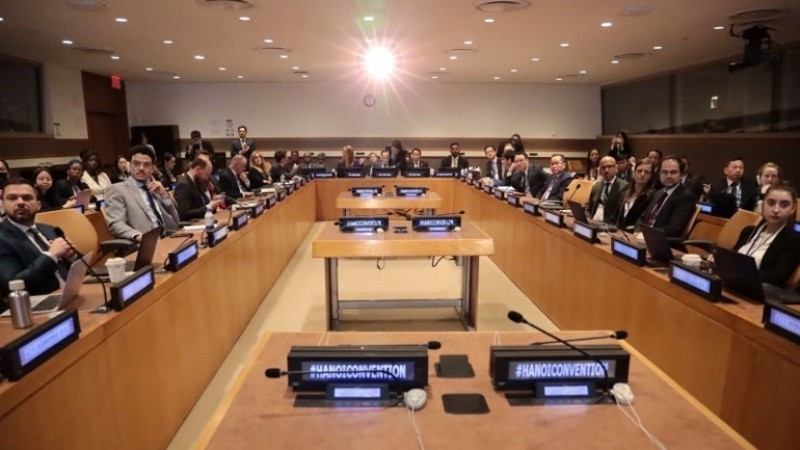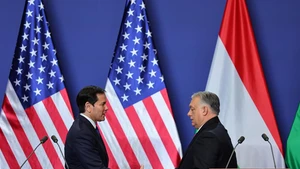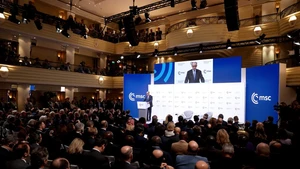In recent times, cyberattacks targeting infrastructure, key industries, public administration agencies, schools, hospitals, etc. have become the “new normal” in many countries.
In the last days of September 2025, several major airports in the UK, Belgium, and Germany simultaneously fell into chaos due to a cyberattack. Without using any weapons or going directly to the scene, with just someransomware code, the suspect completely paralysed the entire automatic check-in system at the airports. Thousands of passengers were stranded and many flights were delayed/cancelled, causing serious damages.
At the same time, a group of hackers claimed to have stolen data on more than 8,000 children studying at kindergartens in the UK capital London. Data on about 20 asset management companies in the Republic ofKorea was also hacked, causing information leaks about taxes, employees, and investors. These are clear evidence that the risks from cyberattacks are becoming increasingly more complicated.
The attacks have not only increased in frequency but also in duration, intensity, and sophistication. From there, they have become a direct threat to national development, financial security and people’s trust in digital infrastructure.
Research by the World Economic Forum (WEF) showedthat in just the past two years, the number of cyberattacks targeting organisations globally has increased by 58%. It is estimated that hackers could cause damages of up to $10.5 trillion to the global economy in 2025, a sharp increase from 3 trillion USD in 2015. This figure partly reflects the severity of the attacks.
UN Secretary-General Antonio Guterres affirmed that the internet plays a pivotal role in the process of innovation and development but is also a place where every “vulnerability” can become a threat to society and peace. However, efforts to build a safe cyberspace are facing many challenges.
According to WEF, although the number of attacks is increasing, the budget for cybersecurity is gradually shrinking. The rapid development of AI is also exploited by hacker groups as a sophisticated “weapon”. According to experts, AI-based attacks are often more complicated, larger in scale, and have a faster impact speed. The success rate and damage rate are therefore far greater than manual methods.
In addition, the world is currently facing a shortage of 2.8 million cybersecurity experts. This is not only a key factor in system construction and operation, but also a core force in preventing, detecting, and fighting high-tech crimes. If not filled, this “gap” in human resources will continue to be a “cornerstone” in countries’ efforts to ensure cybersecurity.
The world is undergoing a “mass migration” to cyberspace, where shopping, business, study, work, and even government management and operations take place increasingly frequently. In the current context, cyber security is not only a technical issue, but also a basic condition for building digital sovereignty of each country. Therefore, in recent times, countries have continuously deployed a wide range of solutions to protect this special “territory”.
However, with the characteristic of having no borders, cyberspace will only be safe if all countries join hands to protect it. On that basis, at the Global Cyber Security Forum (GCF) 2025, held in Saudi Arabia, the Global Initiative for Capacity Building in Cyberspace has just been launched.
This October, the signing ceremony of the United Nations Convention against Cybercrime will also be held in Hanoi. These agreements will be a solid foundation for countries to cooperate in the fight against cybercrime, without gunfire but full of hardship.
















